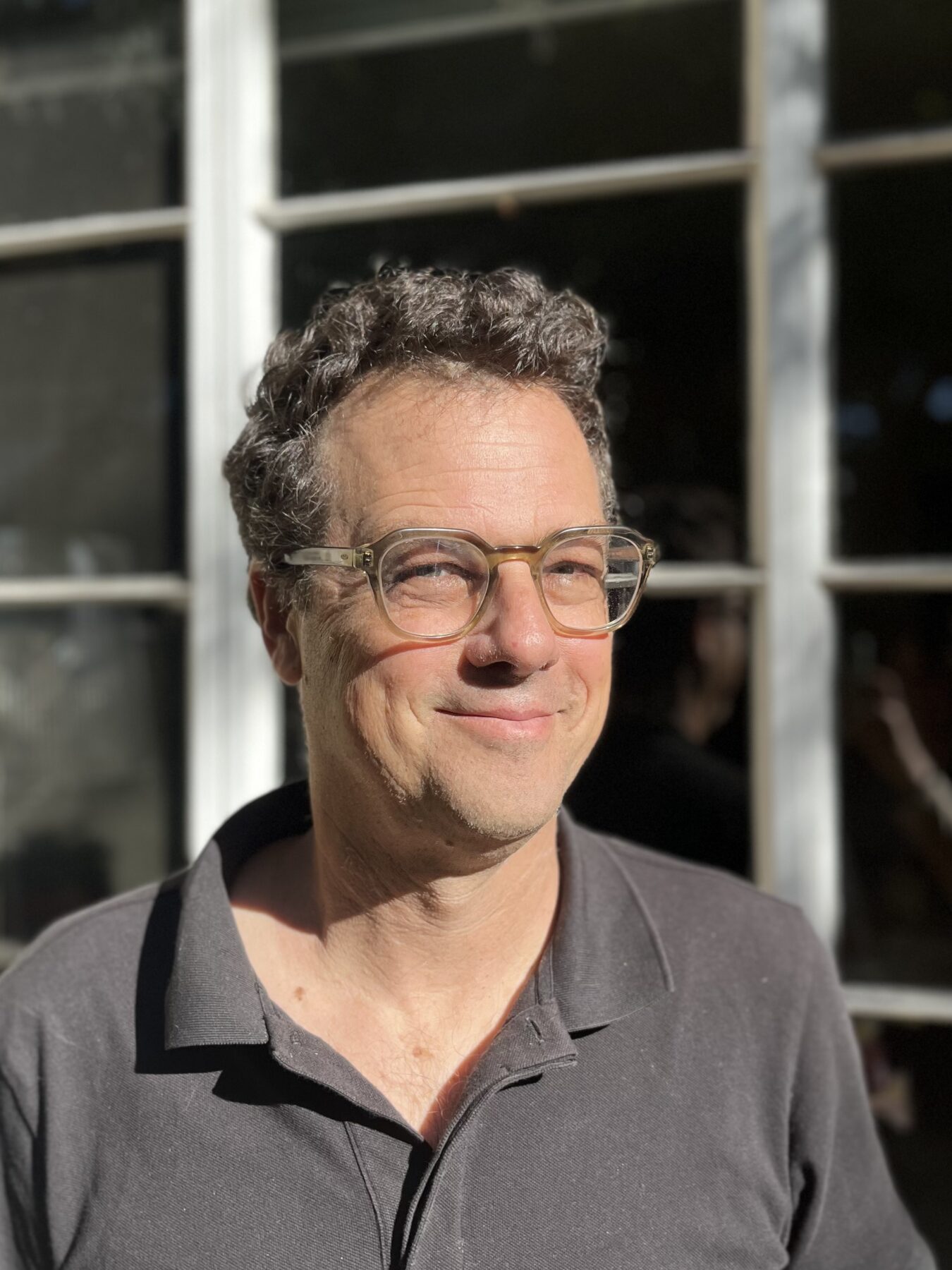
The Capilano Review is pleased to announce the winner of our 2024 Spring Writing Contest, Environments, as selected by guest judge Renee Gladman. The winning collection of poetry is by Douglas Kerr.
“I find myself surprised by these poems, syntactically. The turns and breaks within each line produce a sense of experience for the reader, a sense that one is not simply reading but also bending and looping and going further in: moving as the language of the poem moves, being pulled through a choreography that feels both well-ordered and improvisational. There is humour here—delight—and there is devotion.” – Renee Gladman
About the winner:
Douglas Kerr is a poet and educator. He helped start Stanford University’s Online High School where he teaches English and runs the creative writing program. He lives and writes in the San Francisco Bay Area.
TCR would like to extend additional congratulations to the shortlisted writers:
Christina Vega-Westhoff (Buffalo, NY) for “custom(e) cut”
Subhanya Sivajothy (Toronto, ON) for “The Mouth is an Armory,” “Time Theft Horizon,” and “Daily Commute”
The winning collection of poetry will be published in the forthcoming Issue 4.4 (Spring 2025). The first poem in the collection is included below:
The Time of Your Life
Thinking about time in the book, L. wrote, —
& she gets at what intriguingly means this can go
as slow as wanted or be long enough because it’s just that poems & language are sequential &
it takes time to move word-to-word in “correct” sequencing overlooking how reading letter-
by-L E 2 Ts we may sens E R how it is w/ words
we less see each letter less see a poem as visual matters
& more as superpower to see thru words we might miss observing how eyes jump
traversing a page in the millisecond if attentions
do not waver we might think atomizing & delay strategy
they think time in the poem “to the degree” that a poem is a part of a life like the duration
or “real time” it takes to read end-to-end
as beginning to end it is, L. wrote, the time of your life
& that implies it is “the best” time of life as already yours & it is at this point or that that inclusiveness might arise
& those who read a poem letter-by-letter
& those reading this poem by other possible means
do or do not decide that stopping anywhere at any point it is still “the time of your life” collectively spent
w/ words letters & others “in times like these”
leaves rustle in the breathable air before the book leaves quietly scroll
they are greens in your eye & taken all at once a liveliness wrestles w/ a simultaneity’s dispersal
a stop unawares in caesura pivots w/ alacrity even levity to resemble abandonment’s leave
“the time comes” a letter to “turn the page” which rustles up difference it needs attention “to keep time” if those engaged are to talk gamesome
& these junctures locate us in the mesh which
is the interconnectedness that is a complexity not to miss
how to see it thru grin & bear entanglements w/o “once & for all” is not to give up like an end point that’s simply erasure.

